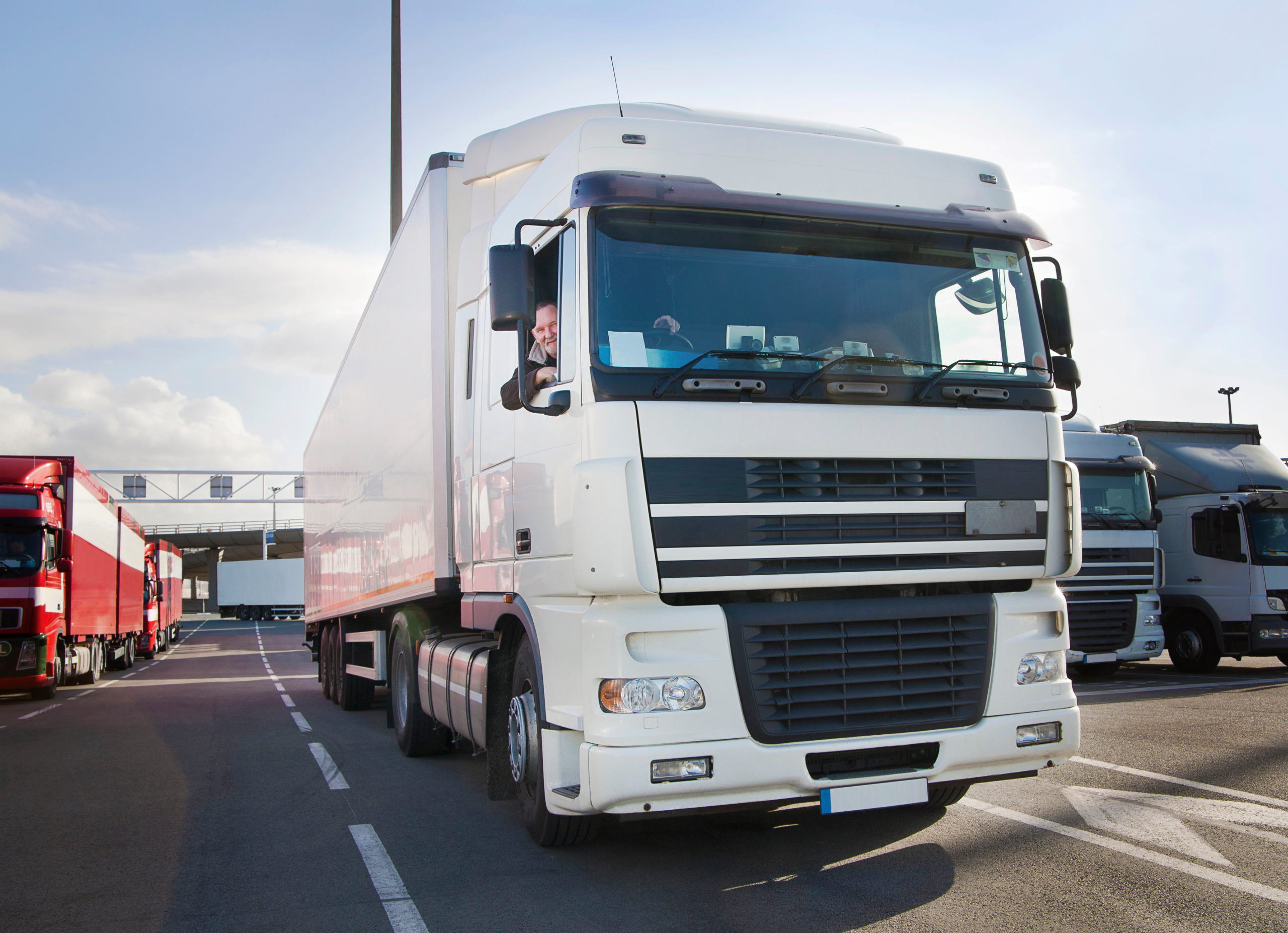
The changing risk profile of hauliers
The current inflationary and supply chain challenges in the UK has added pressure on historically thin profit margins for fleet and haulage operators. Here are some tips to help with risk management.
- Proactive accident avoidance strategies.
- Managing inexperienced drivers
- Driver training programmes.
- Use of in-vehicle technology. (do we have a camera page?)
- Fast, efficient incident reporting procedures. (link to our claims app page)
- Alternate power source vehicles.
- Management of repair network to keep costs down.
- Cost mitigation through good risk management
Key details
Mitigate risk where you can to avoid accidents – consider the current impact of inflation. If one of your drivers are unfortunate enough to be involved in an accident the claim process needs to be managed from start to finish. Otherwise, you’re likely to be punished with higher costs of repair and insurance that have been driven by inflation. Early accident reporting plus driver training and vehicle maintenance is key to keeping claims and costs under control.
Driver retention and safety
Overcoming retention and safety issues
- Training and development plans linked to retention/continued employment.
- Workplace management.
- Understanding what employee benefits matters the most.
- Investment in facilities.
Key details
It’s a very scarce market for talent. You should try to cast the net as wide as possible and make sure that nobody is inadvertently excluded or is being discouraged for reasons that might not be appreciated. If the sector can help encourage previously discounted groups into the industry, it can only be a good thing.
The practicality of reaching net-zero
Reach net-zero – what’s required?
- Collaboration – between government and industries.
- Evaluating what technology is best for your business.
- Understanding and managing the risk – early engagement with brokers is key
- Don’t be afraid to bring in external expertise to support. Early investment can avoid wasted costs later on.
- Be realistic with what is achievable.
Key details
This issue isn’t going to go away and it’s something that hauliers need to start thinking about if it’s not on the agenda already. There’s various alternative fuel options out there – electric, gas, bio-methane, and LNG. Hydrogen fuel cells will probably come into play at some point as well. It’s important to understand which one is the most practical and sustainable for your fleet. Don’t be afraid to get external experts in to review these options for you.
Engaging early with your broker is also key to understanding the insurance implications of transitioning a fleet to a carbon-neutral form. This will enable hauliers to build in risk management and inflationary costs in terms of insurance premiums etc. into business plans.
Legislation and highway-code changes
Complying with legislation changes
- Ensure time requirements are adhered to for whiplash reforms.
- Review post-accident procedures.
- Understand what the ‘hierarchy of road users’ means for your drivers.
- Increase awareness regarding potential for fraud.
- Education around sudden braking of automated vehicles.
Key details
Fraud is an important aspect to consider since whiplash reforms were introduced. If your driver has concerns an accident was in some way stage, a thorough post-accident investigation is crucial. Anecdotally, we’ve seen a number of claims where there was a desire to contest liability, however there’s been insufficient evidence.
- Get witness statement from drivers
- Provide journey details – driving conditions, what the driver saw in the build-up to the accident etc.
- Details of the accident itself –what was said afterwards and commentary on anything that seemed off
- Provide photographs of the scene and camera footage if vehicles have them.
Camera systems are proven to help with fraud cases. If time and cost has been spent installing a system a procedure should be in place to monitor that cameras are working properly.
Any questions? Please don’t hesitate to contact one of our team.
Simon.horton@ascendbroking.co.uk | Office: 01245 449067






